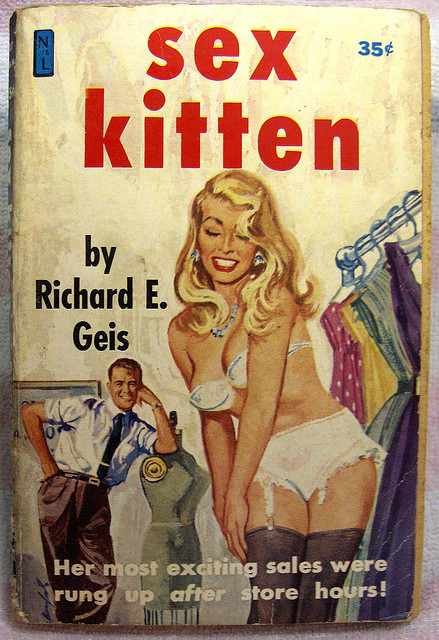|
Bard (novel)
''Bard'' is a 1981 novel written by Keith Taylor. Plot summary ''Bard'' is a novel in which Felimid mac Fal, a bard of Erin, becomes a fugitive in England, where he must rely on his wit and charm rather than brute force to survive. He navigates danger primarily through clever speech, occasionally using the magic of his harp to instill deep sorrow or lull listeners into sleep. Reception John T. Sapienza Jr. reviewed ''Bard'' for ''Different Worlds'' magazine and stated that "''Bard'' is an exciting adventure novel of ancient times. It is also a tale of magics of many different kinds and sources, and full of ideas to enliven and enrich your role-gaming." Reviews *Review by Charles Platt (1982) in ''The Patchin Review'', Number Threehttps://www.isfdb.org/cgi-bin/title.cgi?8319 *Review by Lynn F. Williams (1982) in ''Science Fiction & Fantasy Book Review'', #3, April 1982 *Review by Paul McGuire (1982) in ''Science Fiction Review Richard E. Geis (July 19, 1927 – February 4, 201 ... [...More Info...] [...Related Items...] OR: [Wikipedia] [Google] [Baidu] |
Keith Taylor (author)
Keith John Taylor (born 26 December 1946) is an Australian science fiction and fantasy writer. He also wrote as Dennis More, Cadmus Evans and Melinda Ross. Biography Born in Tasmania, Taylor now resides in Melbourne, Australia. Getting his start in Ted White's '' Fantastic'', Taylor went on to collaborate with Andrew J. Offutt on two novels based upon the Robert E. Howard hero, Cormac Mac Art – an Irish Viking active in King Arthur's time. Taylor's series of novels centering on an Irish character of his own creation – the bard Felimid mac Fal – was published throughout the 1980s. Much of Taylor's fictional output in the 1990s was in the Arthurian fantasy subgenre. Many stories featuring his character, Kamose the Magician, were published in ''Weird Tales'' in the late 1990s and early 2000s. Taylor suffered a protracted illness beginning in 2003. He is reported to be working on new fiction. Bibliography Novels ''Bard'' *''Bard'' (1981) *''Bard II'' (1984, also known ... [...More Info...] [...Related Items...] OR: [Wikipedia] [Google] [Baidu] |
Different Worlds
''Different Worlds'' was an American role-playing games magazine published from 1979 to 1987. Scope ''Different Worlds'' published support articles, scenarios, and variants for various role-playing games including ''Dungeons & Dragons'', ''RuneQuest'', '' Traveller'', '' Call of Cthulhu'', '' Journey to the Center of the Circle'', and others; play techniques and strategies for players and gamemasters of role-playing games; reviews of games and miniatures; and reviews of current books and movies of interest to role-playing gamers. Notably, ''Different Worlds'' also featured early works by artists Steve Oliff, Bill Willingham, and Steve Purcell; ″Sword of Hollywood″, a regular film review column by Larry DiTillio from issue seven onward; the irregular autobiographical/interview feature ″My Life and Roleplaying″; and the industry scuttlebutt column ″A Letter from Gigi″ by the pseudonymous Gigi D'Arn. Different Worlds also published books, including: * Tékumel Sou ... [...More Info...] [...Related Items...] OR: [Wikipedia] [Google] [Baidu] |
Science Fiction Review
Richard E. Geis (July 19, 1927 – February 4, 2013) was an American science fiction fan and writer, and erotica writer, from Portland, Oregon, who won the Hugo Award for Best Fan Writer in 1971, 1975, 1976, 1977 (tied with Susan Wood), 1978, 1982 and 1983; and whose science fiction fanzine ''Science Fiction Review'' won the 1969, 1970, 1977 and 1979 Hugo Awards for Best Fanzine. His ''The Alien Critic'' won the Best Fanzine Hugo in 1974 (in a tie with ''Algol''), and in 1975 as sole first place. He was nominated for the Hugo for Best Fan Writer from 1970 to 1971 and 1973-1986 inclusive; his science fiction fanzines A science-fiction fanzine is an amateur or semi-professional magazine published by members of science-fiction fandom, from the 1930s to the present day. They were one of the earliest forms of fanzine, within one of which the term "''fanzine''" w ... were nominated for the Hugo for Best Fanzine from 1968 to 1971 and 1974-1983 inclusive: a total of 30 Hugo nomina ... [...More Info...] [...Related Items...] OR: [Wikipedia] [Google] [Baidu] |
